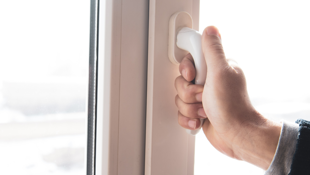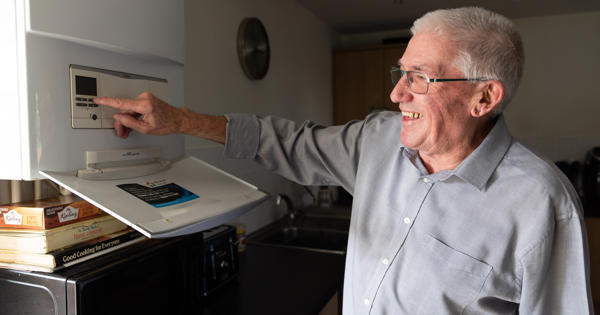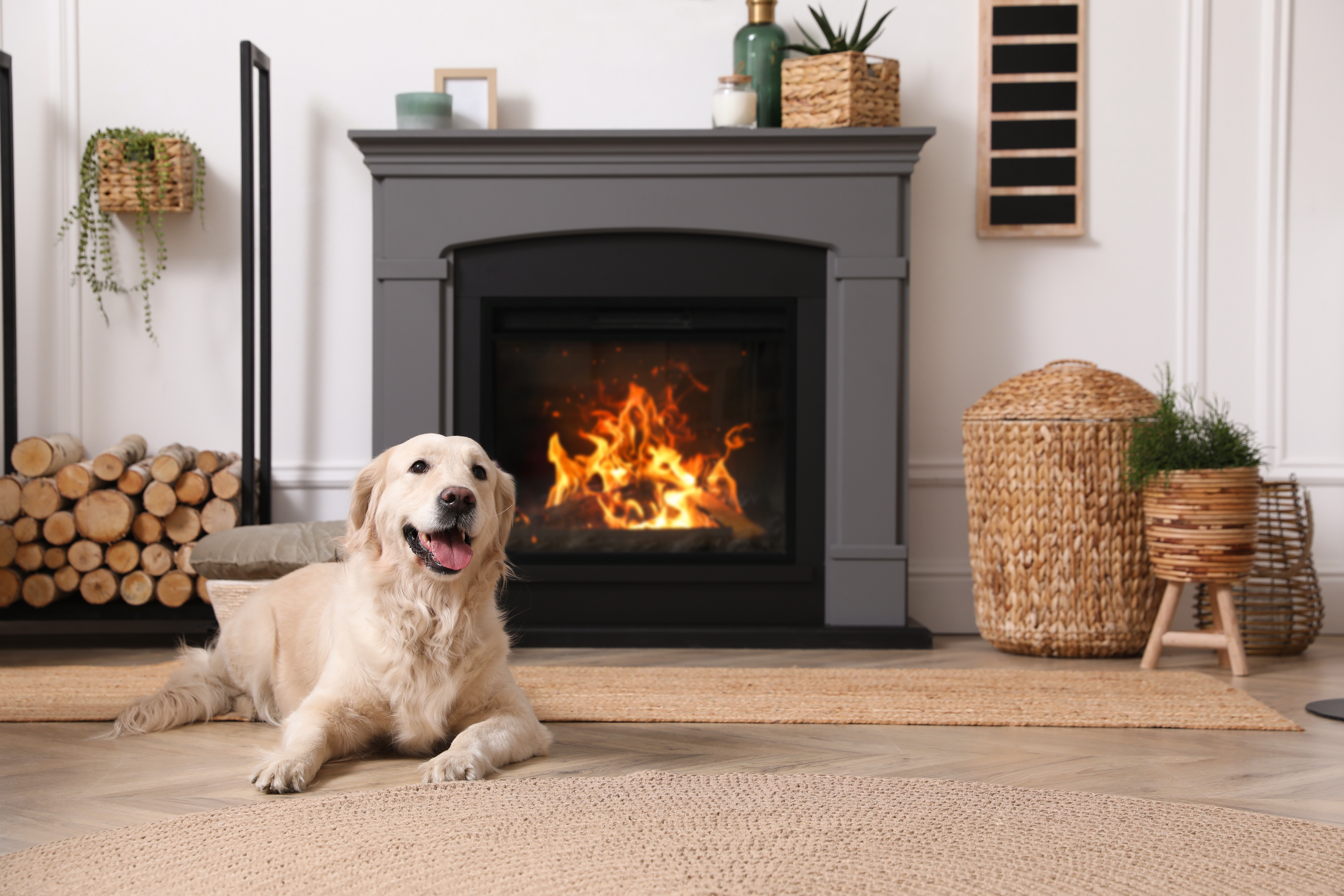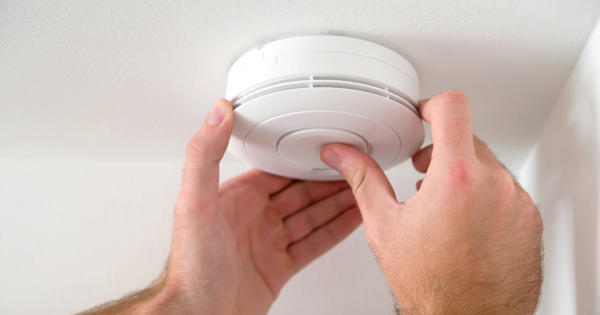Gas safety checks
To ensure your safety, it is our responsibility as your landlord to carry out an annual gas safety check by a Gas Safe registered engineer. After the check, we will provide you with a gas safety certificate within 28 days of the completed check.
It is your responsibility to let us into your home to carry out the check. If we can't access your home for a safety check, this could lead to further action being taken.
Booking your safety check
Before your current gas safety certificate expires, we will contact you to book an appointment for us to complete safety your home's gas safety check.
You can rearrange this first appointment but it must take place at least 56 days before your current gas safety certificate expires.
To rearrange the appointment or if you have any questions, please contact us.
What happens on the day?
All gas appliances in your home will be inspected, this will include gas cooker, hobs and fires. The whole inspection will take around one hour, though it may take longer if we need to carry out urgent repairs.
In the rare event that any gas appliance is unsafe for you to use, the engineer will explain what this means and let you know what will happen next.
We will test all smoke, carbon monoxide and heat alarms. We'll also check they are in date and replace if needed.
To keep our colleagues safe, please ensure that any dogs are safely secured before we arrive.
Your responsibilities
You will need to be home during your inspection. If you cannot make this appointment, someone over the age of 18 can attend on your behalf.
If you have a pay-as-you-go meter, make sure you have credit as we will need access to the gas supply.
Make sure we can easily get to your boiler, smoke alarms and carbon monoxide alarms and any other gas appliances such as a gas fire or cooker.
If you have a gas fire, please do not use it on the day of your inspection as it will need to be cool for our engineer to carry out the service.
After your gas safety check
Alliance, or our contractor Morgan Lambert, may contact you to arrange a quality assurance appointment to inspect the work completed during your safety check.
To read and download our Gas and Heating Policy click here.
Carbon Monoxide
Faulty gas appliances can produce carbon monoxide or CO. You can’t smell it, taste it or see it but it can kill.
Alliance Homes has fitted carbon monoxide detectors to all homes that have an open flue appliance. If you do not have a detector or are unsure if you need one, please contact us.
If you suspect a carbon monoxide leak in your property call the National Gas emergency Number 0800 111 999.
Look out for:
Gas appliances that are burning with a floppy yellow or orange flame that is normally crisp and blue.
Extra condensation inside windows.
Pilot lights on boilers frequently blowing out
Soot or yellow stains around appliances.
Smoke in one room – this could show that a chimney or flue is blocked.
Symptoms of carbon monoxide poisoning can be similar to food poisoning or the flu. But unlike the flu, carbon monoxide poisoning does not cause a fever and can be worse when a gas appliance is on.
Other symptoms include:
- Headache
- Feeling sick and vomiting
- Difficulty breathing
- Sleepiness
- Tiredness and confusion
- Dizziness

Smell gas? Stay safe in 6 easy steps
Step 1 - Call the National Gas Emergency Number on 0800 111 999
It's open 24hours a day, 365 days a year. Wales and West will send out an engineer to keep you and your property safe.
Step 2 - Turn off all your gas appliances
And, if possible, switch off the gas at the meter (unless the meter is in the cellar or basement, in which case don’t go in).
Step 3 - Open all your windows and doors
Step 4 - Do not use any electrical appliances, including switching lights on or off.
Step 5 - Do not smoke or use naked flames
Step 6 - If there’s a smell of gas in the cellar or basement, wait outside or with a neighbour.
For more information about gas safety
Related pages

Your gas heating
If your heating isn’t working right, you might be able to fix it yourself. Here's some hints and tips.

Solid Fuel Heating
Get information on solid fuel heating systems, how we maintain them, and your responsibilities.

Fire Safety
Understanding fire safety and how you can ensure your home is safe.
-
pdf 187Kb
Gas And Heating Policy

